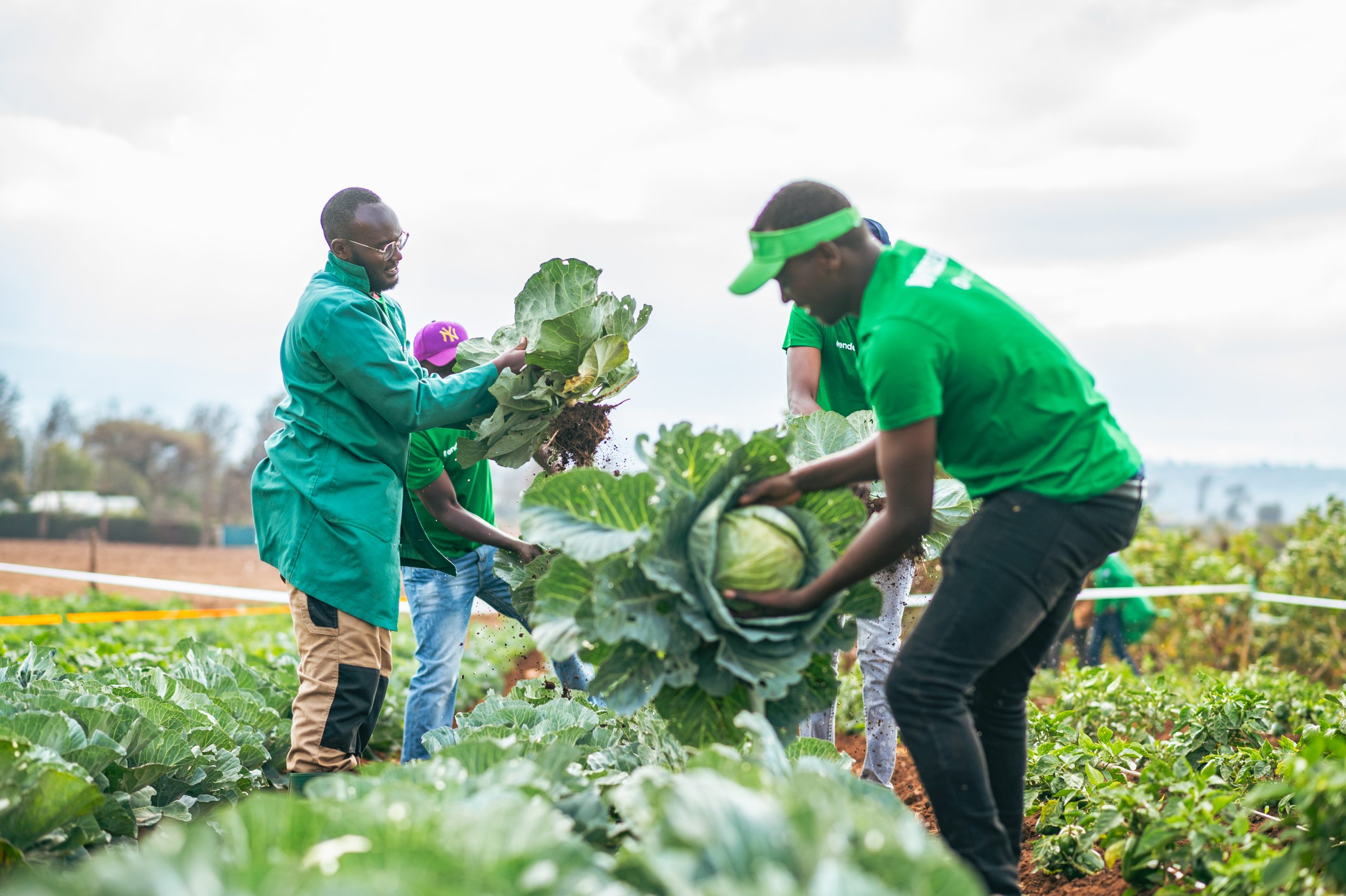
Sustainable development and agriculture are two terms that have become increasingly intertwined, especially in Africa. Agriculture emerges as a linchpin, weaving together economic prosperity, environmental resilience, and social well-being. It’s essential to understand agriculture’s critical role in sustainable development. This understanding is vital, as it provides insights into how we can contribute to long-term economic growth and environmental conservation.
Understanding the concept of sustainable development
Sustainable development is a concept that focuses on meeting the needs of the present without compromising the ability of future generations to meet their own needs. In the modern world, sustainable development is crucial as it promotes economic growth while ensuring the preservation of the environment for future generations.
Agriculture plays a significant role in sustainable development, primarily because it’s an economic activity that directly interacts with the environment. It’s a source of livelihood for many people, especially in Africa, and if done sustainably, it can contribute to economic growth while preserving natural resources.
The role of agriculture in sustainable development
Agriculture is central to Africa’s economy. It employs about 60% of the continent’s population, accounting for approximately one-third of its gross domestic product (GDP). With such a significant impact, agriculture has immense potential for sustainable development in Africa.
Here is the role that agriculture plays in sustainable development:
- Economic empowerment
Agriculture is the backbone of many economies, particularly in developing nations. Beyond mere sustenance, successful agricultural practices contribute significantly to income generation, poverty reduction, and overall economic stability. Empowering smallholder farmers with modern techniques, market access, and fair trade practices is essential in fostering economic resilience.
2. Environmental stewardship
Sustainable agriculture is a crucial player in environmental conservation. Practices such as agroforestry, crop rotation, and organic farming preserve biodiversity and mitigate the impact of climate change. Adopting precision farming technologies, water-efficient irrigation, and eco-friendly pest control methods further minimize agriculture’s ecological footprint.
3. Food security and nutrition
The nexus between agriculture and food security is undeniable. Sustainable agricultural practices aim not only to increase food production but also to enhance nutritional diversity. By promoting resilient crop varieties and fostering responsible land management, agriculture becomes a catalyst for ensuring a stable and nutritious food supply for growing populations.
4. Rural development and social equity
Agriculture often forms the economic backbone of rural communities. Sustainable development in agriculture goes hand in hand with improving rural livelihoods. This includes investing in rural infrastructure, education, and healthcare. Equitable access to resources, particularly for women and marginalized communities, is vital in building socially inclusive and resilient societies.
5. Technological innovation in agriculture
Embracing technological advancements is crucial for sustainable agriculture. Precision farming, smart irrigation, and the use of data analytics not only optimize resource use but also increase productivity. Integrating modern technologies ensures that agriculture remains dynamic, adaptive, and capable of meeting the challenges of a rapidly changing world.
Challenges in combining agriculture and sustainable development
Despite the opportunities, challenges persist, hindering the seamless integration of sustainable agriculture into mainstream practices. One significant obstacle is the lack of market access for sustainable products, which limits the reach and impact of environmentally friendly farming. Inadequate knowledge of sustainable farming practices among farmers poses another challenge, emphasizing the need for comprehensive education and training initiatives.
Climate change, with its unpredictable patterns and extreme events, further complicates the landscape of sustainable agriculture. Additionally, the financial constraints faced by many farmers act as a barrier to adopting innovative and sustainable farming methods.
Addressing these challenges necessitates collaborative efforts from various stakeholders. Governments are pivotal in driving change by formulating and implementing policies that incentivize and support sustainable agriculture. Financial backing for farmers, coupled with investments in research and development, can spur the adoption of eco-friendly practices. Simultaneously, individuals, particularly young professionals, can contribute to the cause by raising awareness about sustainable farming practices.
Advocating for policy changes that favor environmentally conscious agriculture and fostering a community that values sustainability are potent ways to propel the integration of sustainable development principles into the heart of agriculture. By collectively tackling these challenges, we can create a harmony between agricultural productivity and environmental preservation, laying the foundation for a sustainable and resilient future.
Conclusion
In conclusion, agriculture is pivotal in sustainable development, particularly in Africa. It not only drives economic growth but also contributes to environmental conservation. As a young professional, your contribution towards promoting sustainable agriculture can significantly impact Africa’s journey towards sustainable development.
Let’s continue learning and actively participating in this field to ensure Africa’s prosperous and sustainable future.
